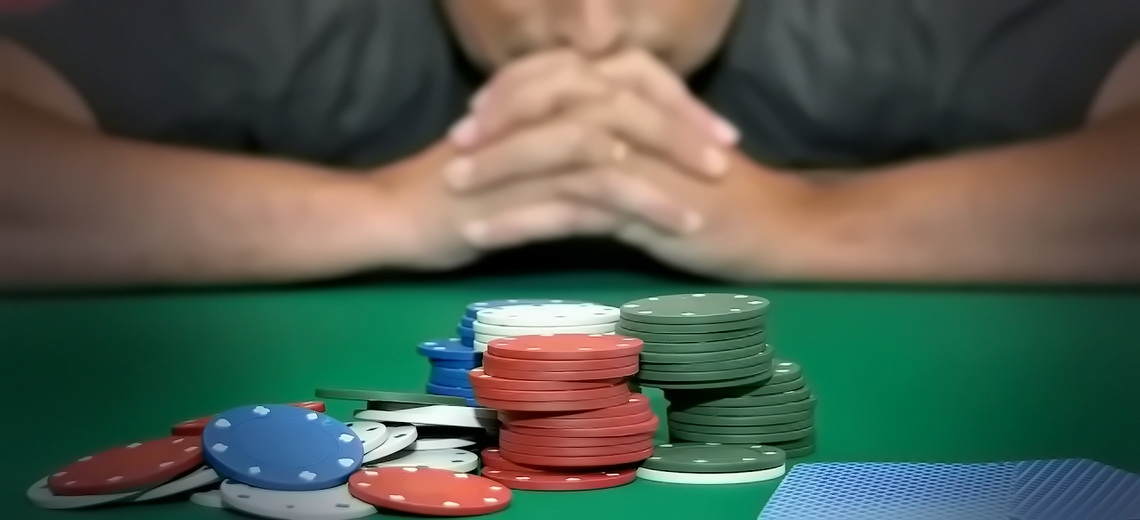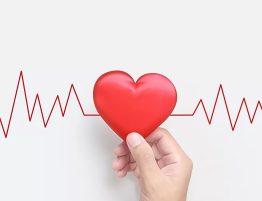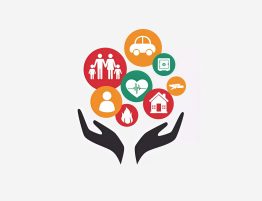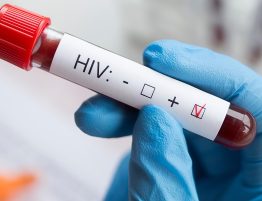
When a person first looks into a casino or presses a button on a slot machine for the first time, he does not think that very quickly the excitement, courage and euphoria can be replaced by fear, hopelessness and loneliness.
So, you can imperceptibly become a slave to the gaming industry – a gambler.
Gambling addiction (ludomania, gambling addiction) is an addiction to gambling, including computer games, when a person loses interest in everything that is not related to the game. The game becomes the central link in his life, the most desired “emotional drug”.
Gambling addiction affects people of different ages (children, teenagers and quite mature people) and different social statuses.
Stages of development of gambling addiction:
- At the first, initial stage, a person plays periodically, does not raise stakes, dreams of winnings and often wins, sometimes quite large winnings. During this period, if desired, a person can still give up gambling on his own.
- At the second stage, a person often leaves work to have more time for gambling. The excitement increases, certain superstitions and rituals associated with the game appear. All the money received from the game is returned to the game again. The game is so “addictive” that it is very difficult to give it up on your own.
- At the third stage, the game becomes the center of all life. During the game, a person experiences strong mental excitement. With restrictions and prohibitions, a person shows anger, irritation, rage. The stakes are constantly growing, but the goal of the game is no longer winning or paying off debt, but the process itself, and money is perceived only as a symbol of the game. At this stage, a person’s reputation is usually hopelessly damaged, and relationships with friends and family are “cracked at the seams.” A person often feels remorse, but tries to justify himself by shifting the blame onto others. He can no longer cope with the addiction on his own.
- At the fourth stage, periods of abstinence from gambling are very short and only forced, for example, by turning off the electricity. Even in his free time from gambling, the addicted person is immersed in gambling fantasies, searching for money. He begins to deceive loved ones in order to take money or valuables out of the house, borrows cash to pay off debts and cover losses. For the sake of his hobby, he is even ready to commit a crime. A person feels hopelessness, thinks about suicide and even makes attempts. At this stage, problems with law enforcement agencies, addiction to alcohol, emotional collapse and symptoms of insanity are possible. Without the help of a specialist (psychotherapist, psychologist), it is already impossible to cope with addiction.
Consequences of gambling addiction:
- constant conflicts with loved ones, family breakdown;
- loss of friends, work, loss of social status;
- large monetary debt (if the game was played for money);
- destruction of physical and mental health;
- degradation of personality.
Treatment of gambling addiction.
At the initial stage of gambling addiction, you can try to cope with the problem yourself, without resorting to the help of specialists:
- stabilize the situation in the family, avoid conflicts, scandals, which only aggravate gambling addiction;
- “switch” the addicted person to active recreation, meetings with friends, travel, other hobbies;
- increase his status in the family, at work – let him feel that he can be significant and needed not only during the game, but also in real life; prove that life outside the game can also be interesting.
If gambling addiction has reached the second, and especially the third or fourth stage, specialized help from a psychotherapist is needed, who will offer complex treatment taking into account the characteristics of the individual: analyze the reasons that led to gambling addiction; conduct psychocorrection, teach self-control and self-regulation; develop an individual medication treatment regimen.
For the treatment to be successful and the person to be able to return to a full life, full of happiness, pleasure and love, but without games, an important condition is necessary: the patient with gambling addiction must understand that he is addicted and accept it.
Advice for Family and Friends of a Gambling Problem
- First and foremost, protect yourself and take care of yourself: talk to a friend or professional about it.
- Use your energy to change your own situation, not the situation of the person with a gambling problem.
- Don’t perceive such behavior of your friend, relative, husband (wife) as a betrayal, although you have the right to feel such.
- You have the right to be angry, but don’t try to hide it. You need to learn how to properly express your feelings.
- Don’t try to establish control over the gambler’s life – this will not help and will only make you suffer even more.
- Treat the gambling addict as an equal. Don’t try to protect him.
- Let him take responsibility for his behavior: let him explain himself to creditors and at work. You should not resort to lying and deception when helping him.
- Don’t lend money to a gambler or pay off his debts.
- Seek legal, financial, and other types of advice to know what to do in your situation.
- Be honest with the person with a gambling addiction about how you feel.
- Support him in his struggle with addiction, but don’t take on his burden. You may have to say, “I want to help you, I’ll be there for you, but I can’t do it for you.
Know that the entire gambling system is based on the money of the gamblers. It is at their expense that the owners of casinos, bookmakers or online games get rich, ruining the families of people addicted to gambling.
Do not believe in easy money, it is self-deception that sucks people in like quicksand. Always remember this and under any circumstances remain the masters of your life!
Specialized assistance on gambling addiction is available in Brest at the Brest Regional Narcological Dispensary, address: Brestskikh Diviziy Lane, 2. Tel. 53-28-17 (including anonymously, on a paid basis).
You can also seek advisory assistance (a conversation about possible psychological causes of gambling addiction, psychological recommendations for overcoming gambling addiction, etc.) from a psychotherapist at a clinic at your place of residence. In particular, a consultation on gambling addiction for a relative of a gambling addict may be useful.
You can make an appointment with a psychotherapist at the State Health Institution “BGP No. 2” through the reception.
In addition, there is a public hotline in Brest where you can contact with any problem that worries you, talk to a psychologist. Around the clock, anonymously, free of charge. Short number: 170. Or: 25-57-27.
State Institution “Brest Regional Center for Hygiene, Epidemiology and Public Health” Health Institution “Brest Regional Psychoneurological Dispensary”.








